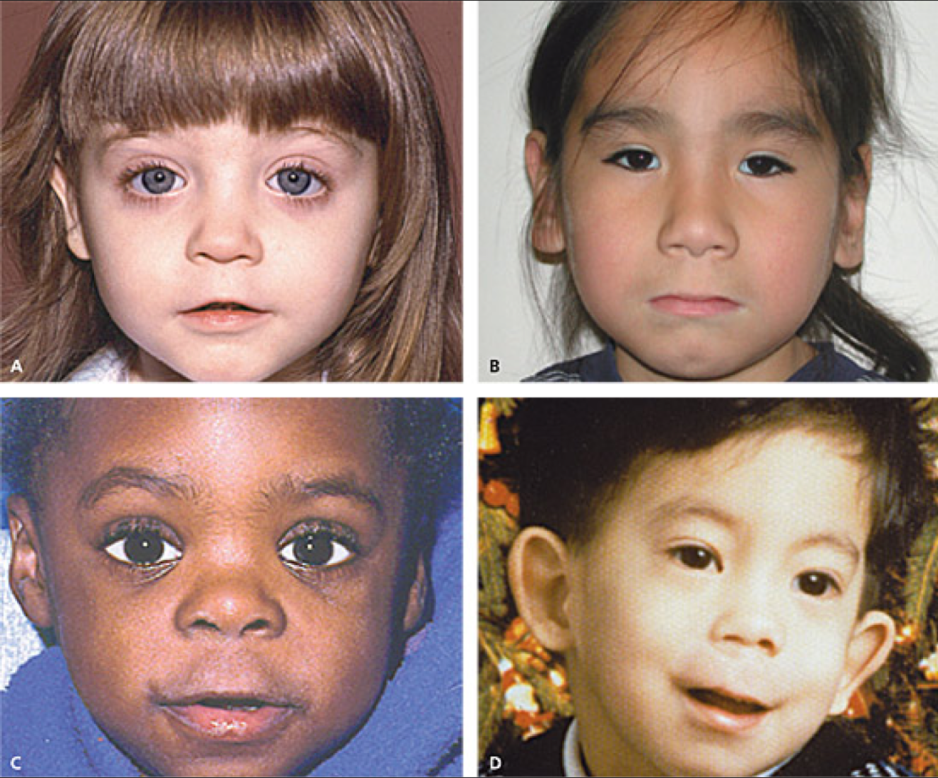Fetal Alcohol Spectrum Disorder (FASD) is a diagnostic term used to describe impacts on the brain and body of individuals prenatally exposed to alcohol. In other words, it is a brain and body injury that can happen when a baby is exposed to alcohol before it is born. It’s a lifelong disability where individuals may experience physical, mental, behavioural and learning disabilities. These can vary from mild to severe, and affect each person differently. (https://www.canada.ca/en/public-health/services/diseases/fetal-alcohol-spectrum-disorder/about.html)
FASD isn’t something that can be passed down genetically from a parent to a child. It happens when a pregnant mother drinks while the baby develops inside of her. The reason FASD is so different for each person who has it, is because alcohol will affect an unborn baby differently based on:
- amount (how much you drink at once)
- frequency (how often alcohol was consumed)
- timing (when alcohol was consumed during pregnancy)
With that said, there’s no safe time and no safe amount to drink alcohol during pregnancy. A fetus at 6 weeks will be developing different body parts than a fetus at 26 weeks, however, both are at equal risk. (https://www.canada.ca/en/public-health/services/diseases/fetal-alcohol-spectrum-disorder/causes.html)
FASD is a large spectrum (similar to Autism), meaning each unborn baby will be affected by alcohol differently. Many people believe that those with FASD will have obvious facial differences when in reality, less than 5% show any facial signs. Their learning and behavioural challenges are often mistaken for other disorders or problems, so FASD sometimes goes undiagnosed.
Some babies are born with facial features that are characteristic of FASD, but that only happens, when a fetus is affected by alcohol at a particular stage in pregnancy. Images like the one below are often attached to explaining FASD, but only a small number of people with FASD will have these physical features:
- thin upper lip
- little or no groove or ridge between the nose and upper lip
- small eyes or shorter distance between one corner of the eye to the other
Most signs of FASD can’t be physically seen. For all individuals with FASD, there will be different degrees of brain damage. Signs of this may include difficulty with:
- learning
- memory
- attention
- language
- social skills
- motor skills
- controlling behaviour
- reasoning and judgement
- academics like math and reading
Someone with FASD may also experience physical impairments, such as problems with their:
- vision
- kidney
- hearing
- heart and bones
In everyday life, problems with behaviours may look like:
- being impulsive (they can’t control their actions and may sometimes act inappropriately)
- acting out from frustration
- not understanding consequences
- being unfocused and easily distracted
- difficulties with keeping up with classroom learning
- forgetting how to do something they’ve done before
- a hard time with handling money or learning how to tell time
How is FASD diagnosed?
Diagnosing FASD can be difficult. This is because there’s no single or simple test that can cover a wide range of signs and symptoms.
FASD is usually diagnosed by a team of health professionals, which may include:
- a physician
- a psychologist
- a social worker
- an occupational therapist
- a speech and language specialist
They will gather a great deal of information and do tests. This will determine if a person has FASD and what their functional weaknesses and strengths are.
A diagnosis is helpful so that people can get relevant and targeted services and supports, including financial support where available.
It can also be comforting for individuals and their families to know:
- what’s behind the behaviour and feelings
- that the parents or caregivers haven’t done anything wrong
An early diagnosis followed by appropriate interventions and support help to minimize the disabilities associated with FASD.

